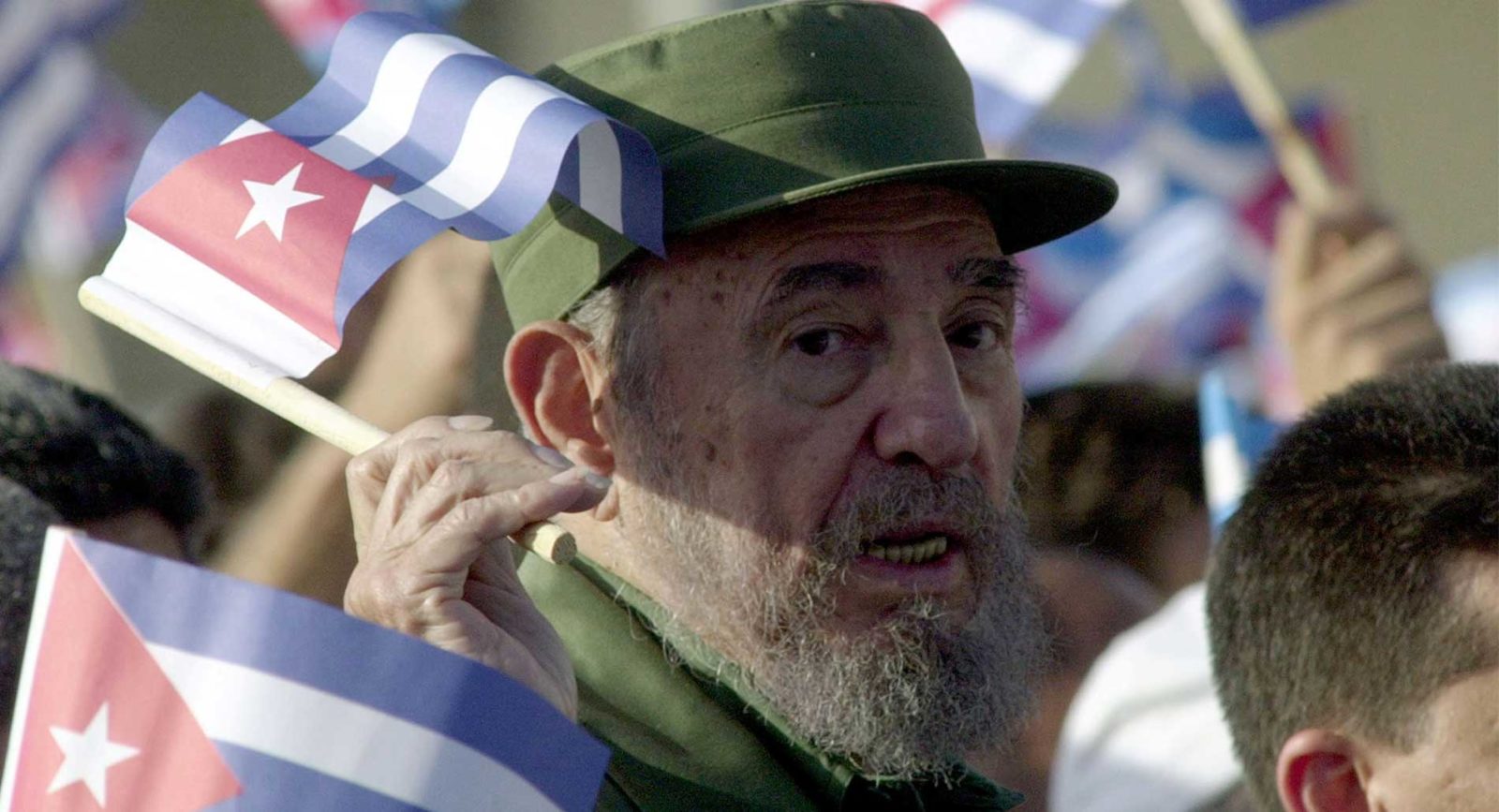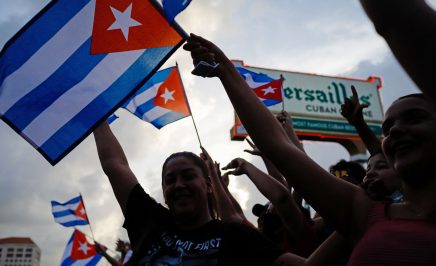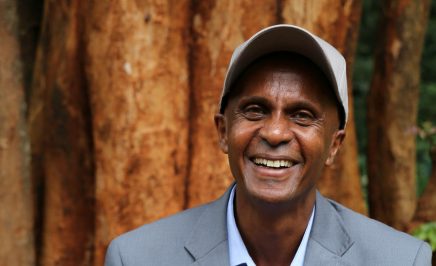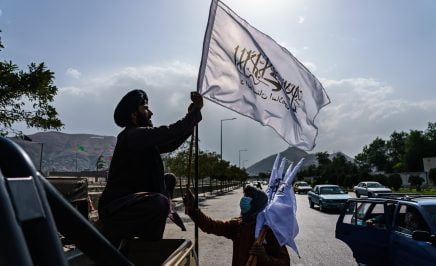On 25 November 2016, Fidel Castro died at the age of 90. The former Cuban leader was revered and loathed by the people he reigned over for 47 years.
Fidel Castro, who seized power in 1959 following the Cuban Revolution, will be remembered as an iconic, yet deeply-polarising, figure of the 20th Century. Erika Guevara-Rosas, Americas Director at Amnesty International, has called Castro “a progressive but deeply flawed leader”.
Cuban officials claim that the former leader survived more than 600 assassination attempts. But as the memes read, ‘not even Castro could survive 2016’.
World leaders react
Following news of Castro’s death, U.S. President-elect Donald Trump released a statement calling the former leader “a brutal dictator who oppressed his own people for nearly six decades”.
But in Canada, the tone was quite different.
Prime Minister Trudeau wrote that “while a controversial figure, both Castro’s supporters and detractors recognised his tremendous dedication and love for the Cuban people who had a deep and lasting affection for ‘el Comandante.'”
Trudeau’s words have sparked a barrage of ‘Trudeaueulogies’ on Twitter.
"Cuba’s longest serving President."
.@JustinTrudeau: It's called a DICTATOR. pic.twitter.com/b33GA5W28Y
— Maxime Bernier (@MaximeBernier) November 26, 2016
The good: Health, housing, literacy
Castro oversaw some significant human rights wins during his years in power, including dramatic improvements in Cubans’ access to healthcare and housing. He also led an unprecedented drive to improve literacy rates.
“For this [Castro’s] leadership must be applauded” says Guevara-Rosas.
The bad: Ruthless suppression
Despite his these achievements in social policy, Castro’s 49-year reign was characterised by a ruthless suppression of freedom of expression.
Amnesty International has been documenting the state of human rights in Cuba for more than 50 years. Over this time we’ve collected hundreds of testimonies from ‘prisoners of conscience’, people detained by the government simply for exercising their right to freedom of expression, association and assembly.
“The state of freedom of expression in Cuba, where activists continue to face arrest and harassment for speaking out against the government, is Fidel Castro’s darkest legacy” says Guevara-Rosas.
Fidel Castro’s 49-year reign was characterised by a ruthless suppression of freedom of expression
(More of) the bad: The death penalty
Upon establishing his provisional government in 1959, Castro organised trials of members of the previous government that resulted in hundreds of summary executions. In response to international outcry, and amid accusations that many of the trials were unfair, Castro responded:
“Revolutionary justice is not based on legal precepts, but on moral conviction… we are not executing innocent people or political opponents. We are executing murderers and they deserve it.”
Cuba retains the death penalty for serious crimes (although its use did decline over the course of Castro’s leadership).
Amnesty believes that the death penalty is wrong in all circumstances. We’re working to see it abolished for good, in Cuba and around the world.
All in all, the state maintains a firm grip on almost every aspect of Cubans’ lives.
The ugly: Castro’s dark legacy
Repression takes new forms in today’s Cuba.
We’re seeing fewer politically motivated long-term prison sentences, but widespread use of short-term arrests and ongoing harassment of people who dare to publish their opinions defending human rights or challenging the arbitrary arrest of a relative.
The government limits access to the internet as a way of controlling both access to information and freedom of expression. Only 25 per cent of the Cuban population is able to get online and just 5 per cent of homes have an internet connection.
All in all, the state maintains a firm grip on almost every aspect of Cubans’ lives.
“Fidel Castro’s legacy is a tale of two worlds” says Guevara-Rosas. “The question now is what human rights will look like in a future Cuba. The lives of many depend on it”.








